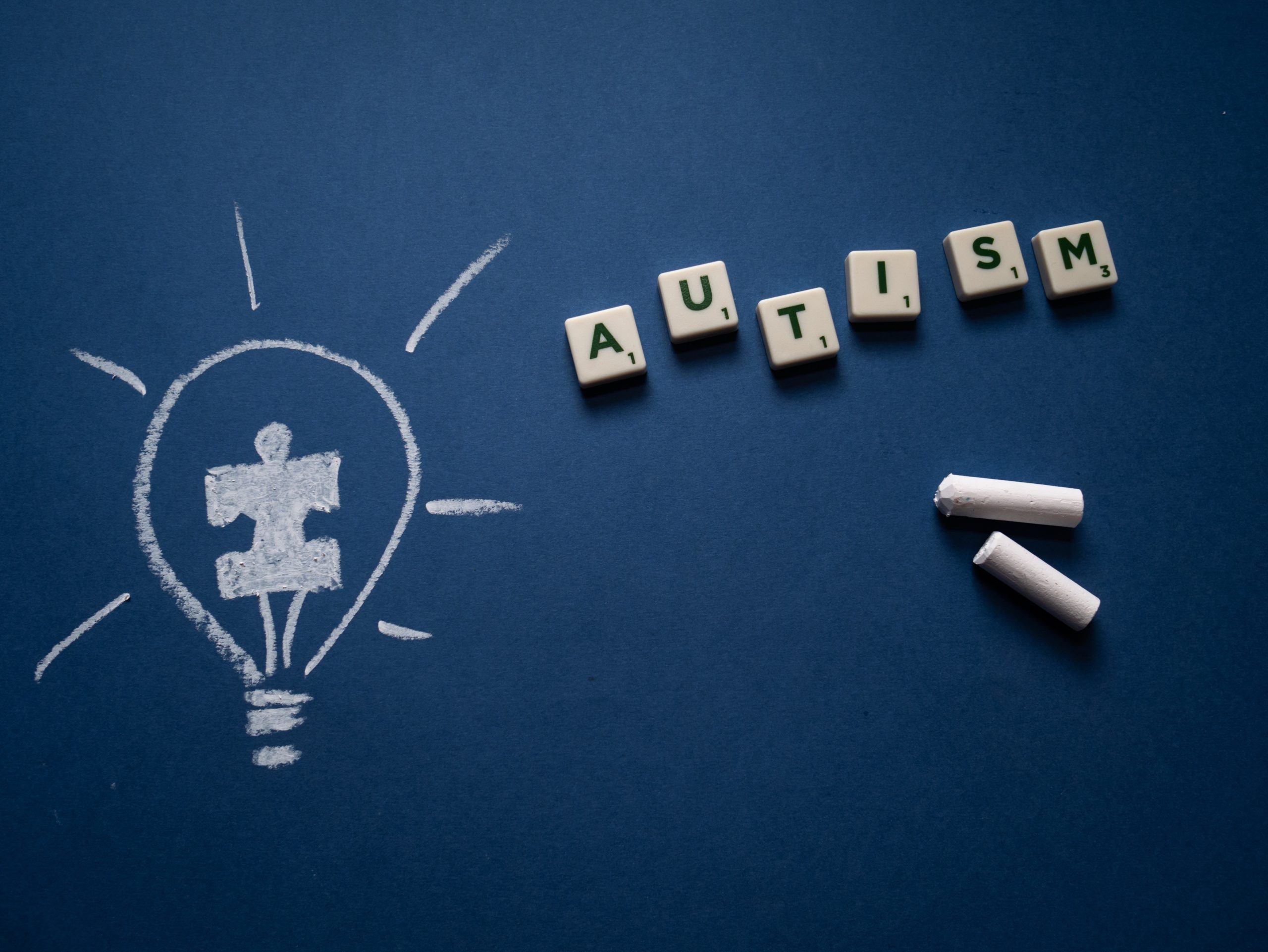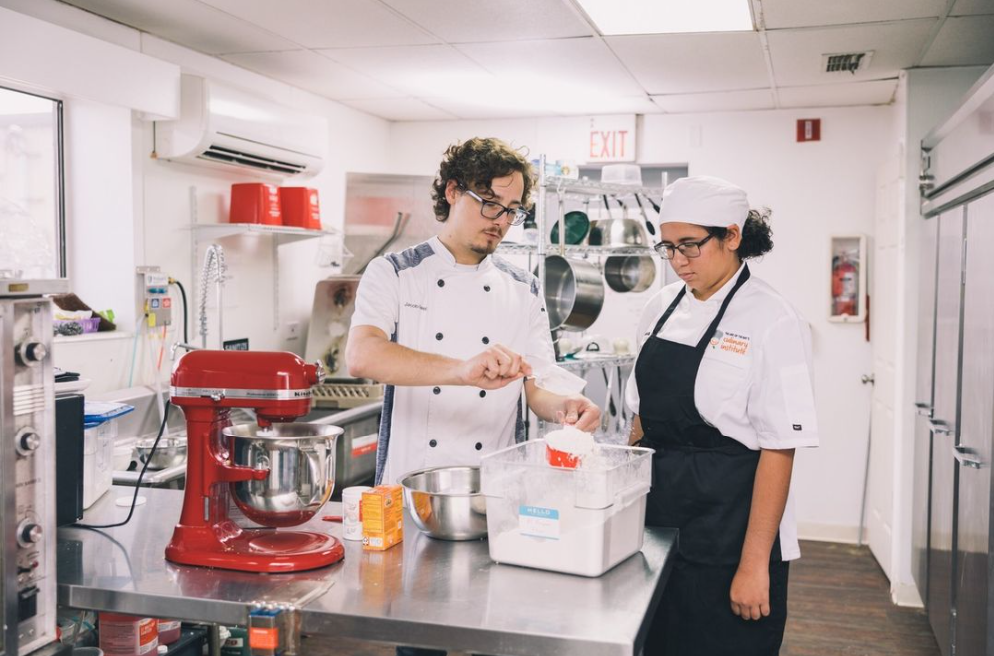The Journal of the American Medical Association, JAMA Pediatrics, recently determined that mothers who drank water with lithium in it have a significantly higher risk of having a child with autism. Studies have shown that exposure to toxins, organics, antibiotics, and an unhealthy diet can also play into an increase in autism. With so many potential causes, a local Tampa doctor trying to learn more autism and its causes.
An increase in autism
David Berger is a Tampa pediatrician with a subspecialty in autism. He is working to get the word out on what the latest findings are on this increase in autism and what may be behind it.
“I’ve been working with children with autism for 25 years and am on the board for the Autism Community in Action,” Berger said. April is Autism Awareness and Acceptance Month, so it was a great time for him to release a video, giving his thoughts on the issue.
“The video increases awareness, and in the week prior to this the CDC (Centers for Disease Control) released the most recent data showing significant increases in autism decade by decade,” Berger said. “That is obviously a disturbing trend.”
One of the areas of his focus has become offering information to women who hope to become mothers. This is so they can do what is humanly possible to avoid an autism diagnosis in their child. That includes genetic screening and looking at their levels of nutrients, including B12, Vitamin D and Zinc. Some whose children fall on the spectrum also have an inability to absorb folate.
It was first discovered in 1999 that autistic children have lower levels of such vitamins and so do their mothers, he said. Kids with a high exposure to antibiotics also tend to be more likely to get an autism diagnosis.
Getting preventative treatment
Berger uses the information he gathers to come up with individual treatment plans for his patients.
“In our practice, we are seeing one in 500 children develop autism,” Berger said. That accounts for 15-20% of his patients. For that reason, he said, he focuses on getting the word out to the community about autism and the latest developments surrounding its cause and potential ways to decrease symptoms.
Related: Adventurous play outdoors leads to stronger mental health for kids
“We talk about checking nutrients for deficiencies, iron deficiencies since that has been associated with lower cognitive function. And we do the genetic panel, and look at whether they are metabolizing B vitamin.”

The CDC’s most recent findings are from testing done on eight-year-olds. This gives time for them to develop symptoms associated with autism. In 2000, one in 150 children had an autism diagnosis. In 2009, it had doubled. And in this latest information, it is one in every 36 children.
“That is an insanely sad number,” Berger said, and the medical world can no longer assume it has anything to do with better diagnostics. Because those have not changed in years, he said.
Environmental changes
He studies epigenetics, which is when things in the environment can impact how a person replicates their genes and how the body expresses those genes without changing the DNA sequence. For example, skin and brain cells both have the same DNA, but they express it differently. So one acts on the brain and the other on the skin. An alteration of the DNA’s physical structure could prevent a certain gene from being expressed.
Diet may also play a role in passing down good or bad effects on a child, Berger said. Autism has also been linked to air pollution, pesticides and herbicides, lithium in water and to not having enough healthy bacteria in the intestines. Berger recommends checking babies in utero for heavy metals/toxins exposure.
Mothers can also try to avoid stressful births, including C-sections and epidurals, he said. He offers advice on alternatives to those processes.
These may not be all the answers, but they may be some of the answers to what is causing an increase in autism diagnoses. Studying micronutrients, use of antibiotics, gut health and exposure to toxins are all important topics for increasing awareness, Berger said.






























